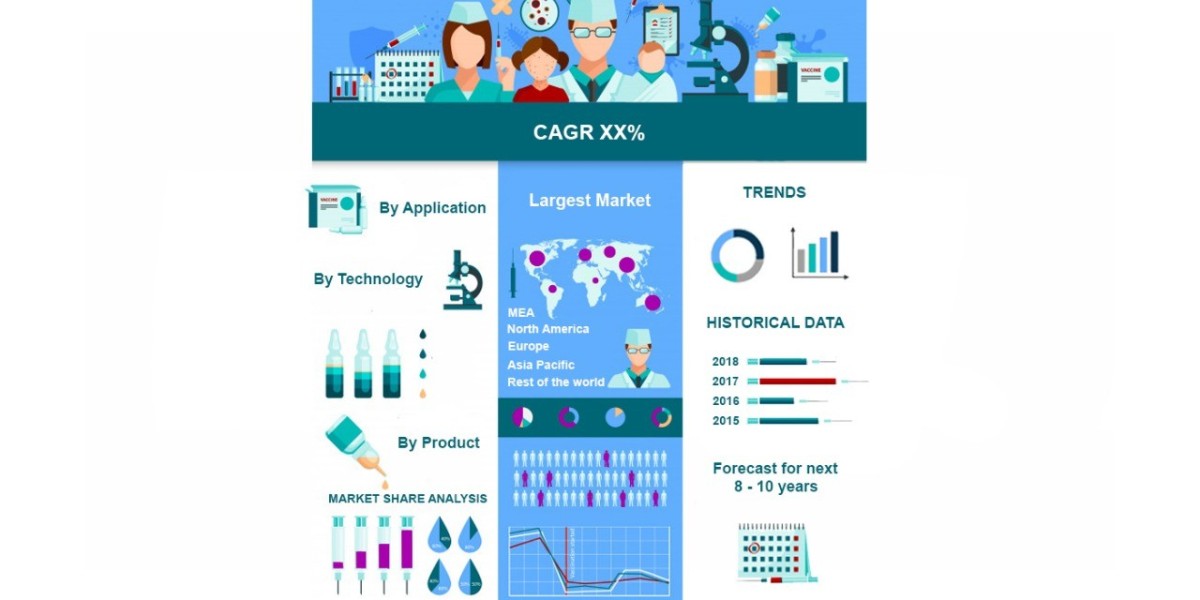In today’s financial landscape, people often face challenges when it comes to securing a loan. One of the biggest obstacles many encounter is their credit score. A low credit score can prevent individuals from accessing the funds they need for personal emergencies, home repairs, or consolidating debt. However, an emerging solution to this problem is the option for no credit check loans. These types of loans have become increasingly popular as they provide an opportunity for people with less-than-perfect credit histories to obtain financing when traditional lenders may decline their applications.
What Are No Credit Check Loans?
No credit check loans, as the name suggests, are loans offered by lenders that do not require a credit check during the approval process. Traditional loans typically assess your credit history and score as part of their decision-making process. For individuals with poor credit, this can be a significant hurdle. With no credit check loans, the lender will not pull your credit report, making it easier for those with bad or limited credit to qualify.
Instead of focusing on credit scores, no credit check loans often rely on other factors to determine eligibility, such as your income, employment status, and overall financial situation. These loans are especially beneficial for those who have faced financial hardship in the past or those who are new to credit and do not have an established credit history.
Types of No Credit Check Loans
There are several types of no credit check loans available, each with its own set of features and benefits. Some of the most common include:
Payday Loans
Payday loans are short-term loans that typically require repayment on your next payday. These loans are often for small amounts and are meant to cover emergency expenses. While payday loans do not require a credit check, they often come with high-interest rates and fees. It is crucial to be cautious when considering payday loans to avoid falling into a cycle of debt.
Installment Loans
Unlike payday loans, installment loans allow borrowers to repay the loan amount in smaller, manageable installments over a period of time. These loans can be used for larger expenses such as home repairs, medical bills, or car repairs. Some lenders may offer no credit check installment loans, but as with any loan, it is essential to understand the terms, including interest rates and repayment schedules.
Title Loans
Title loans use the borrower’s vehicle as collateral. With no credit check required, lenders assess the value of the car to determine how much money they are willing to lend. These loans are typically used by individuals who own a car outright and need quick cash. However, if the borrower fails to repay the loan, they risk losing their vehicle.
Personal Loans
Personal loans are another form of no credit check financing. These loans can be used for a wide range of purposes, including debt consolidation, emergency expenses, or personal projects. Lenders offering no credit check personal loans will usually evaluate other factors such as income and employment stability when making a lending decision.
Pros of No Credit Check Loans
No credit check loans offer several advantages for borrowers, especially those who may not qualify for traditional loans. Some of the key benefits include:
Quick Access to Funds
One of the primary reasons people opt for no credit check loans is the speed at which they can receive funding. Traditional loans can take days or even weeks to process, whereas no credit check loans often have a much faster approval and disbursement process. This can be particularly useful in emergency situations where time is of the essence.
Accessibility
No credit check loans provide a way for individuals with poor or limited credit to access funds. These loans are designed to help those who may have been turned away by traditional lenders, giving them a chance to secure financial assistance when needed.
Less Stringent Requirements
With no credit check loans, the eligibility criteria are often less strict. While traditional loans may require a high credit score, no credit check loans often focus on factors like income, employment, and other financial indicators. This increases the chances of approval for individuals with a less-than-ideal credit history.
Cons of No Credit Check Loans
While no credit check loans can be beneficial, they are not without their drawbacks. It’s important to weigh the pros and cons before deciding whether to take out this type of loan.
High-Interest Rates
One of the biggest disadvantages of no credit check loans is the potential for high-interest rates. Lenders may charge higher rates to compensate for the increased risk they are taking by lending to individuals with poor credit. It’s essential to understand the total cost of the loan before committing to ensure that it remains affordable in the long run.
Risk of Falling into Debt
No credit check loans, especially payday loans, can quickly become a cycle of debt if the borrower is unable to repay the loan on time. High-interest rates and fees can quickly add up, making it difficult to pay off the balance. Borrowers should be cautious about taking out loans that they may not be able to repay within the specified time frame.
Limited Loan Amounts
No credit check loans often come with smaller loan amounts compared to traditional loans. This might be sufficient for covering minor expenses, but it may not be ideal for larger financial needs. If you require a larger sum of money, you may need to consider other financing options.
Final Thoughts
No credit check loans can provide a valuable financial lifeline for individuals who struggle with poor or no credit. These loans offer quick access to funds and provide an alternative for those who may not qualify for traditional lending options. However, it’s important to exercise caution when considering these loans, as they can come with high interest rates and fees. Before taking out a no credit check loan, carefully evaluate your financial situation and ensure that you will be able to repay the loan on time to avoid falling into a cycle of debt.









